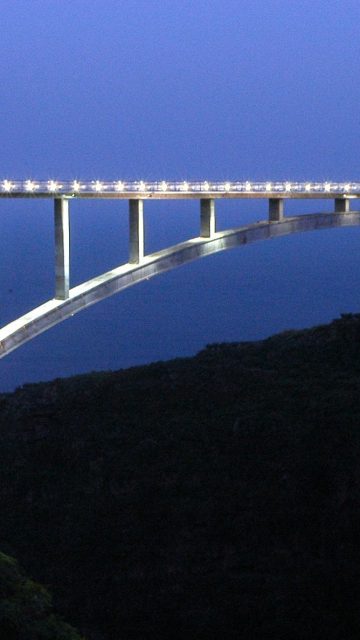Our Journey from Ferrovial Agroman to Ferrovial Construction
With almost a century of experience in the construction industry, we at Ferrovial Agroman have made the decision of changing the name of our brand to Ferrovial Construction.
Our values will stay the same, and the future will continue to be built on our experience at the forefront of great projects around the world, such as Heathrow Airport’s T2, the Canadian highway 407 ETR, or the Guggenheim Museum in Bilbao.
This renaming is part of our aim of updating the brand to achieve better penetration in Anglo-Saxon markets. We’re keeping our font and colors, but the name, Ferrovial Agroman, will change to Ferrovial Construction. The change will affect the corporate names and trademarks we have in the United Kingdom, the United States, Canada, Spain, Australia, Colombia, and Chile. Our construction subsidiaries in other countries, as well as our other companies specializing in segments of the industry, will keep their current names and logos.
The name Ferrovial Agroman, which evokes a fond remembrance for many Spaniards, is now part of the history of the construction industry. And for a good reason: we’ve been building bridges, handling obstacles, and connecting people and cities since 1927.
From Ferrovial Agroman to
Ferrovial Construction
From Ferrovial Agroman to Ferrovial Construction
Our first few decades of existence saw major projects such as the extension of the Las Arenas dam in Biscay and the construction of Ciudad Universitaria in Madrid, which made us a leader in Spain’s construction industry under the leadership of one of our co-founders, José María Aguirre Gonzalo.
In 1995, we became part of Ferrovial, a company that was already consolidated at the time. Ferrovial had grown in the railway and road construction sectors, and it had adapted to the emerging concessions market. Our merger took place in 1999, after almost four years of a model transition and exemplary reorganization.
Our first major projects as Ferrovial Agroman included the expansion of the port of Bilbao, which lasted throughout the 90’s and was the largest project awarded to a single company in Spain up to that point, as well as the construction of the Guggenheim Museum Bilbao, which opened in 1997. Two years later, we began construction on what is now one of our flagship projects: Highway 407 ETR in Toronto, Canada.
At the start of the new millennium, the jobs kept coming as we gradually grew in the international market while continuing to consolidate our presence in the Spanish market. Those years brought some of our most iconic projects, such as the construction of La Palma’s Arco de los Tilos in the Canary Islands, the construction of Heathrow’s Terminal 2, the largest airport in Europe, and our involvement in the construction on T4 at the Madrid-Barajas Adolfo Suárez Airport.
Today, we continue to be part of some of the most innovative construction projects, such as the United Kingdom’s Crossrail, a rapid rail line that will run under the city of London; the British high-speed connection HS2 between the country’s capital and Birmingham; the Ruta del Cacao highway in Colombia; new high-speed train lines in Spain (the AVE), and the Grand Parkway in Houston, TX.
We’re not changing course on our 93 years of history, just changing names. From now on, Ferrovial Agroman will be Ferrovial Construction, always remembering that our history is forever tied to the name Agroman and all the great projects through which we have changed the world.
Featured Projects
See all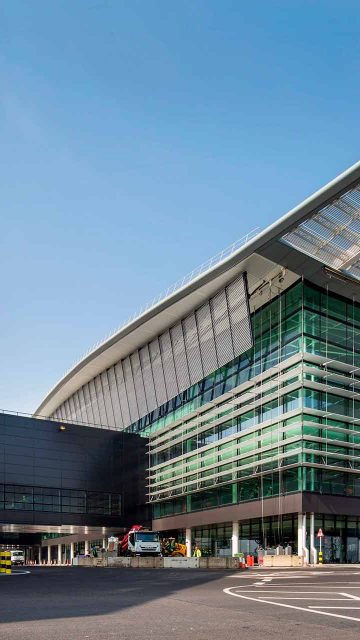
T2 Heathrow Airport
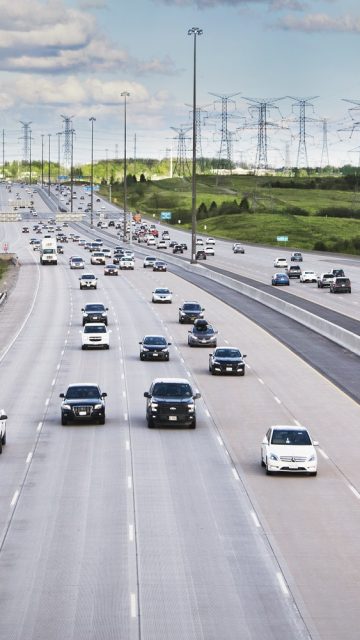
407 ETR
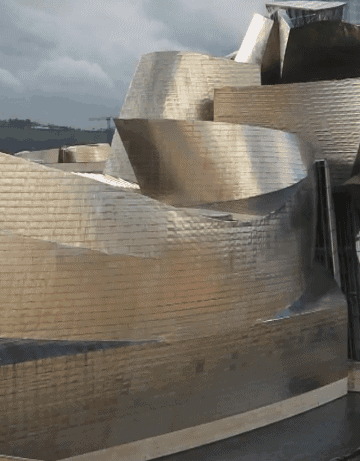
Guggenheim Museum
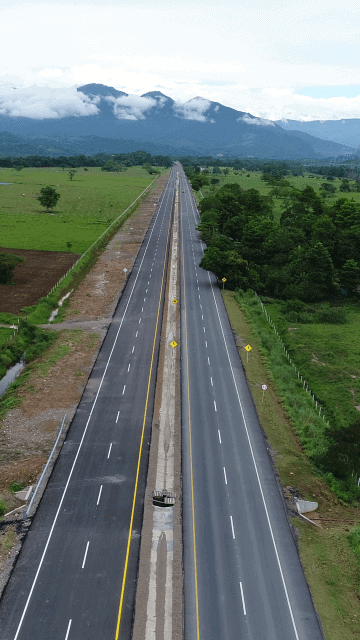
Ruta del Cacao, Colombia
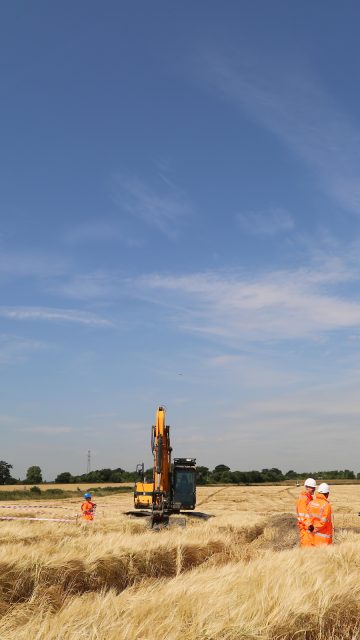
High Speed 2 (HS2). Enabling Works….
